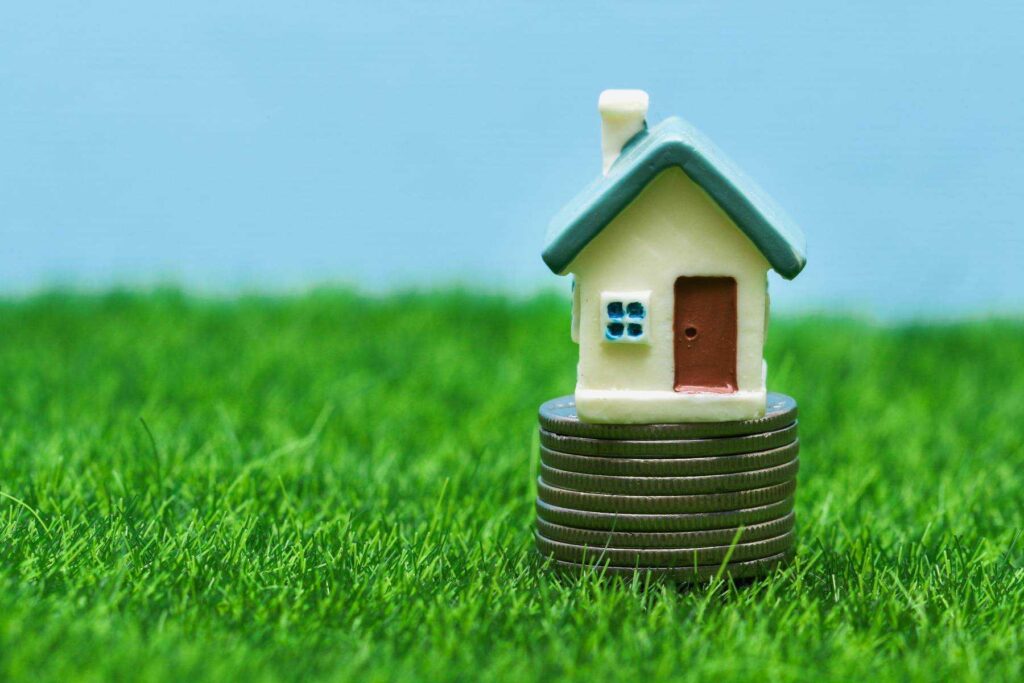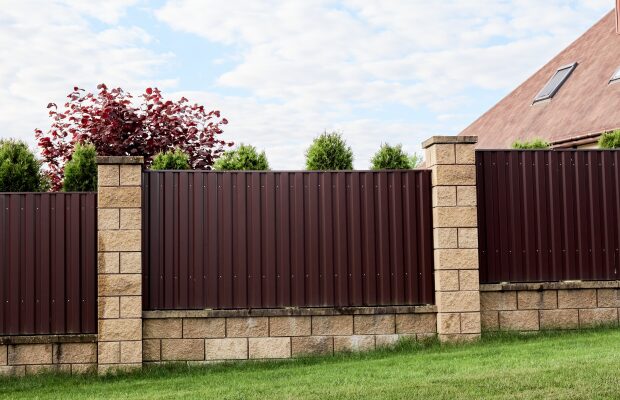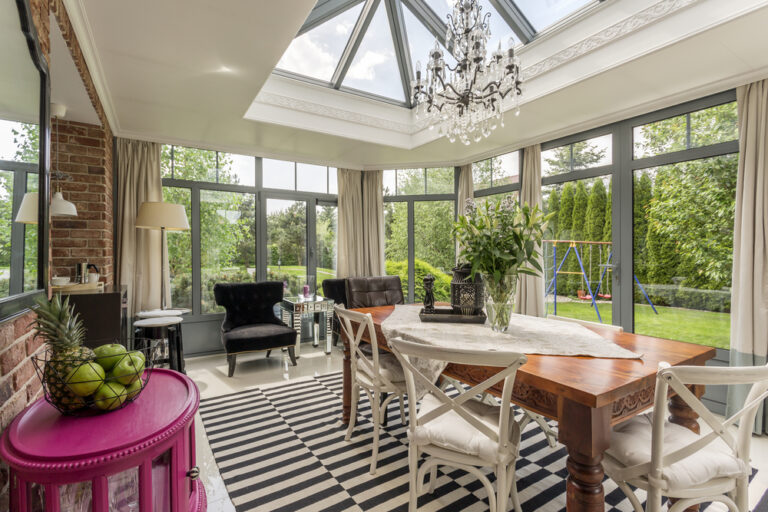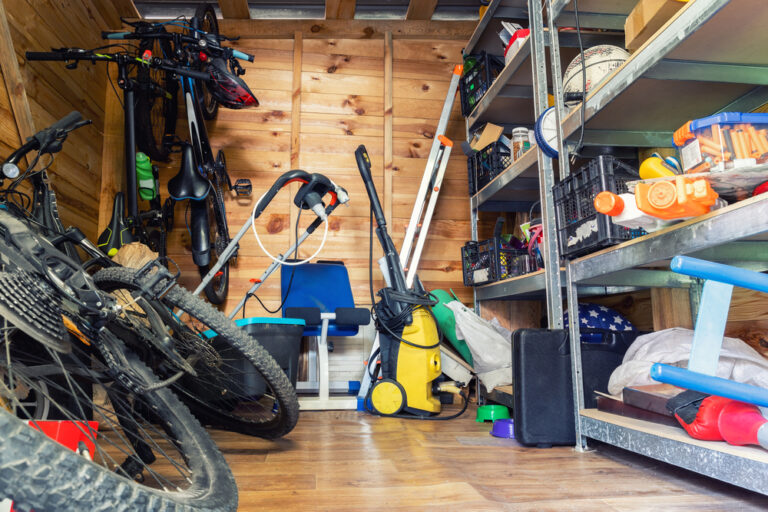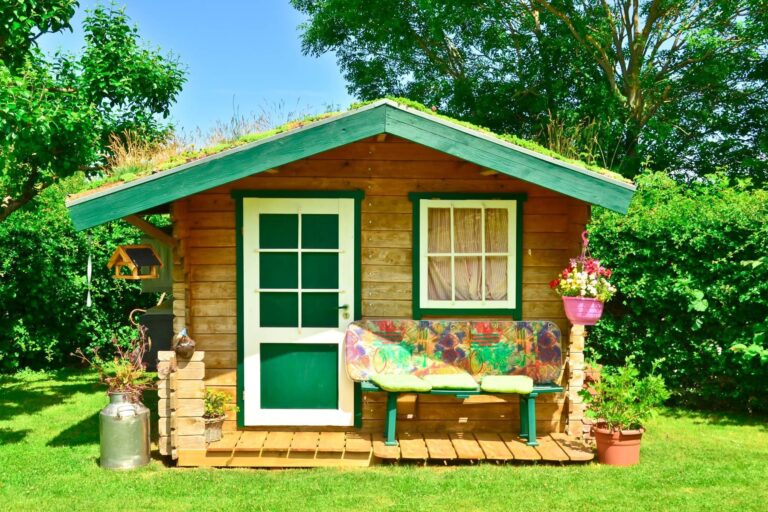There’s huge demand for new homes in the UK, yet land to build them on is often scarce.
That means gardens of existing properties with the potential for development can be extremely valuable – and more and more homeowners are taking advantage by selling all or part of their garden to developers.
Deciding whether to sell some of your land for development, though, requires a great deal of thought.
Here, we’ll reveal the main signs that your garden could have development potential and explain more about how you could capitalise on developer demand…
Can I sell my garden for development?
Subject to planning permission and other possible restrictions, it’s possible for anyone to sell part of their garden for development.
Gardens can make superb plots for new homes and homeowners selling their land can often make healthy profits that secure their financial futures.
How much is my garden worth to a developer?
How much your garden is worth to a developer will depend on several factors:
- Whether planning permission is already in place
- The number of potential homes that could be built on the site
- The potential value of the homes being built
- The costs involved in building the new homes
Most developers will start with the potential sale price, or prices, of what they propose to build on your garden plot and then deduct all their costs before arriving at a figure they may be willing to pay for your land.
Garden development planning permission
The value of your garden plot is likely to increase if you’re able to obtain either outline or full planning permission before you sell it.
Outline planning permission lets you know that building on your garden plot would be permittable subject to final plans being submitted.
Full planning permission, meanwhile, details exactly what kind of building, or buildings, would be constructed.
Planning rules vary from authority to authority and regulations are always tighter in conservation areas or Areas of Outstanding Natural Beauty.
Does my garden have development potential?
Your garden’s development potential will depend on several factors relating to planning permission, ownership of land, possible restrictions, and the quality of the site.
Here are nine signs your garden could have good development potential…
1. You own a large plot
Many garden development plans are curtailed simply because the size of the plot isn’t large enough.
There’s no minimum plot size for a garden development and each site is judged both on its size and the size of the property that will sit on it.
If your garden plot is large, however, it’s likely to be more valuable, simply because a developer would have more options on how to use it.
2. Your garden is not overlooked
Overlooking is something that you’ll need to consider – both for your neighbours and for any new property that could be built on your garden plot.
If your garden plot suffers with overlooking from neighbouring properties, or any new home would cause overlooking problems for those properties, planning permission is likely to be more difficult.
On the contrary, if no other properties overlook your garden, or it’s screened by mature foliage, your plot’s development potential will be greater.
3. Your garden lacks trees
Trees can be problematic on garden development plots.
Some or all may be protected by preservation orders, while loss of trees is an element of development that can cause friction with neighbours or the council planning department.
If your garden is more of an open plot with no major trees, it’s likely to be looked upon more favourably for development.
4. You have good access and parking potential
Access and parking are two of the biggest stumbling blocks for garden developments.
Access will be required for any new property and potentially for the existing home on the land, while off-street parking could also be a stipulation of planning in congested streets.
If your property is on a corner plot, however it may have better access to the rear garden, making it a better plot for development.
5. Your garden lacks wildlife
Many species of animal found in domestic gardens are protected, making development of sites extremely difficult.
Many species of newt, reptile and bat are protected, so if these are present in your garden, it may be harder to obtain permission for development.
Alternatively, if your garden lacks wildlife, it’s much more likely to have an easier pathway towards being developed.
6. Other gardens in the street have been developed
If you live in a street where other properties have sold parts of their gardens for development, planning permission for your own plot may be more likely.
While ‘precedent’ isn’t officially a planning consideration, development in other gardens nearby could make your own plot more desirable to developers.
7. Your property is good to excellent transport links and amenities
Planning departments will take into consideration the impact of a new property on local transport links and amenities.
Garden development in towns and cities with a good infrastructure, roads and public services are likely to be looked upon more favourably than a development proposal in a rural location.
8. Your neighbours enjoy an open outlook
If a new property on your garden plot would cause your neighbours to lose an open outlook, it may be classed as a loss of amenity by council planners.
Other losses of amenity can include:
- Noise
- Overshadowing
- Smells
- Light pollution
- Loss of light
9. Your garden is close to a public sewer but not on top of it
Drainage is a key planning issue, but if your garden is close to a public sewer that will increase its desirability in the eyes of developers.
Gardens that aren’t close to public sewers may require a private system and this can be costly.
However, if the public sewer system runs underneath your garden plot, you may need consent from the water authority before you can build.
How to negotiate with land developers
If you’re thinking of selling part of your garden to a developer, it’s important to get a fair price.
With that in mind, the best approach to negotiating with developers is to do so through agent.
While they’ll take a fee from the sale, having an agent alongside you can be hugely beneficial when it comes to the complexities of selling a piece of land.
Key things to consider before selling your garden for development
Before selling your garden plot for development, you should consider:
- Whether there are any tax implications – always seek advice from a tax professional
- If you have a mortgage, your lender may have to approve you selling part of your garden
- Any impact on your existing property if you intend to remain there or sell to another buyer
